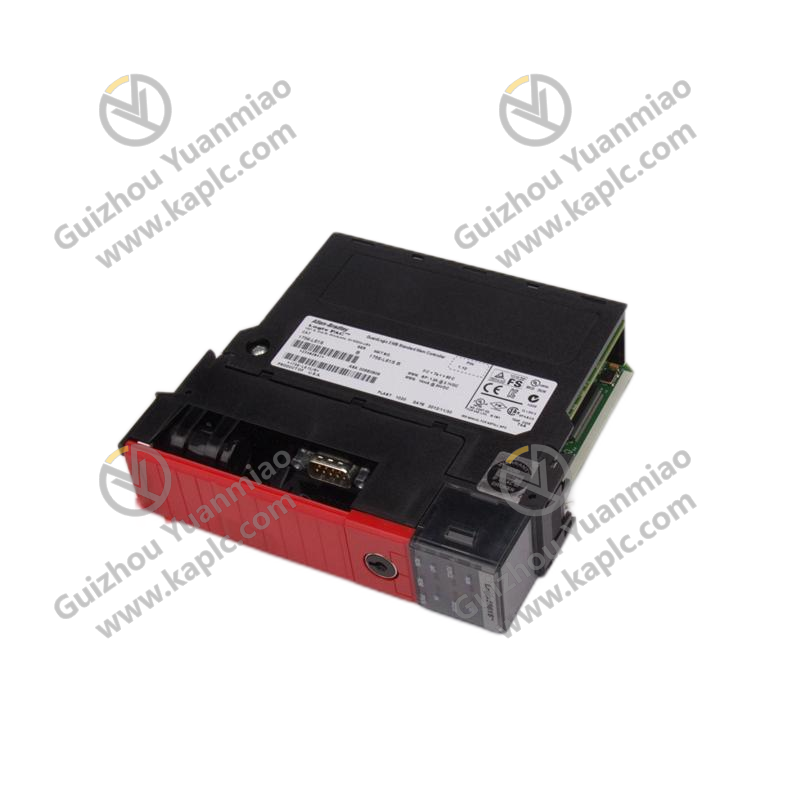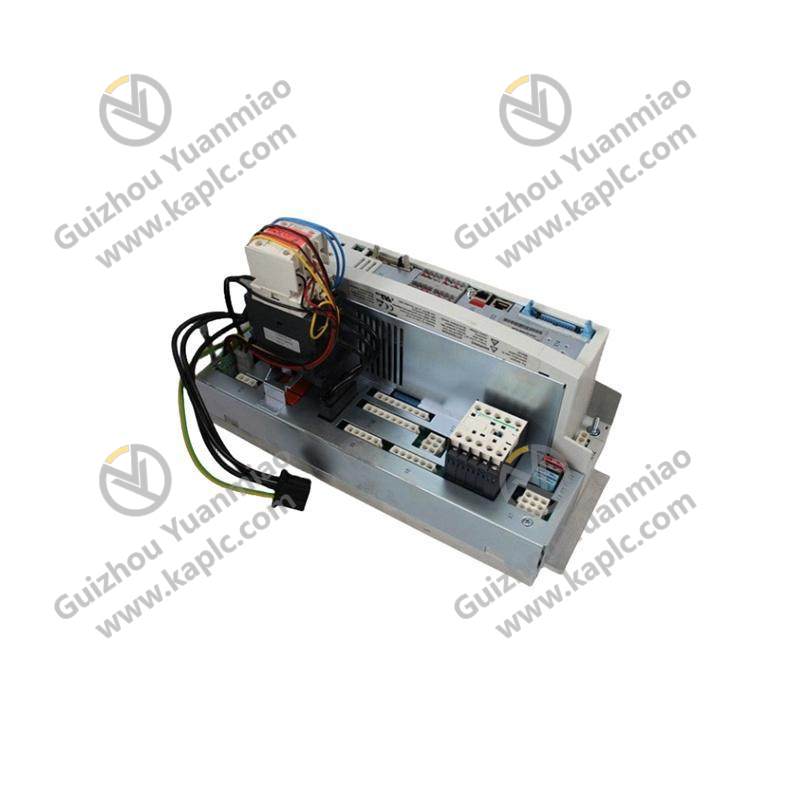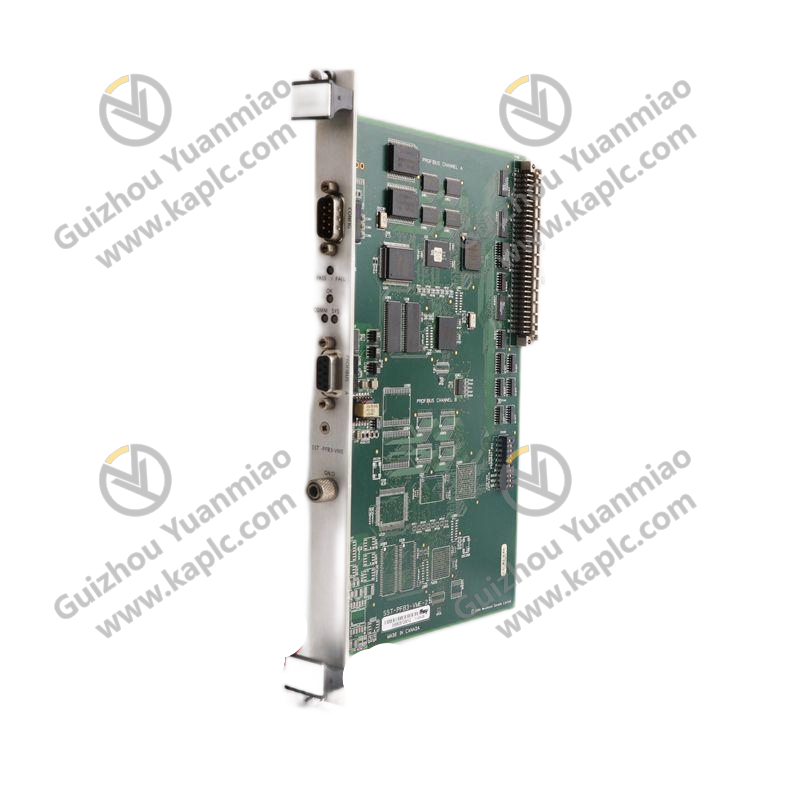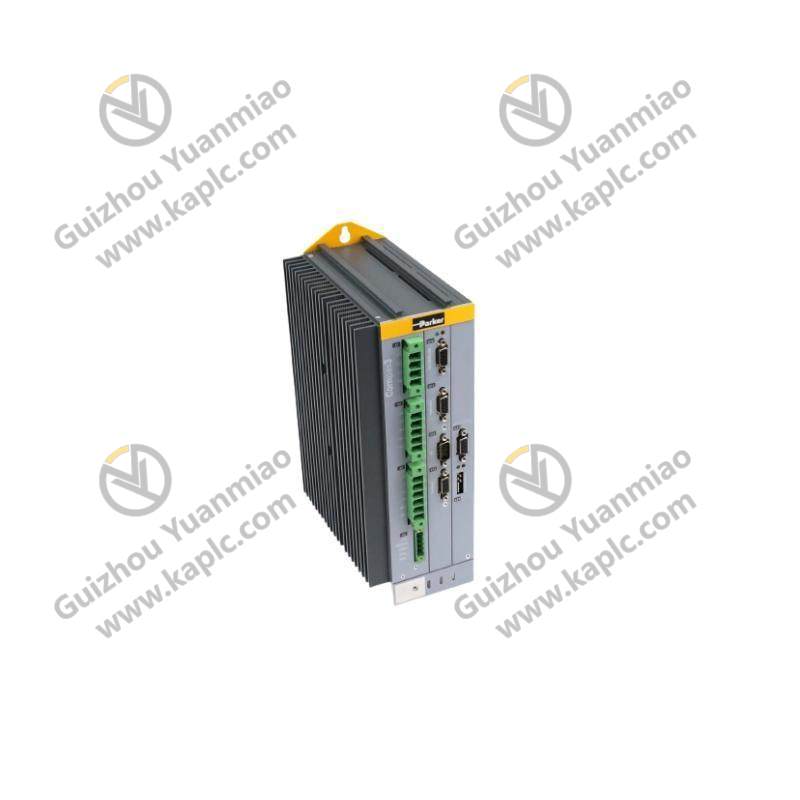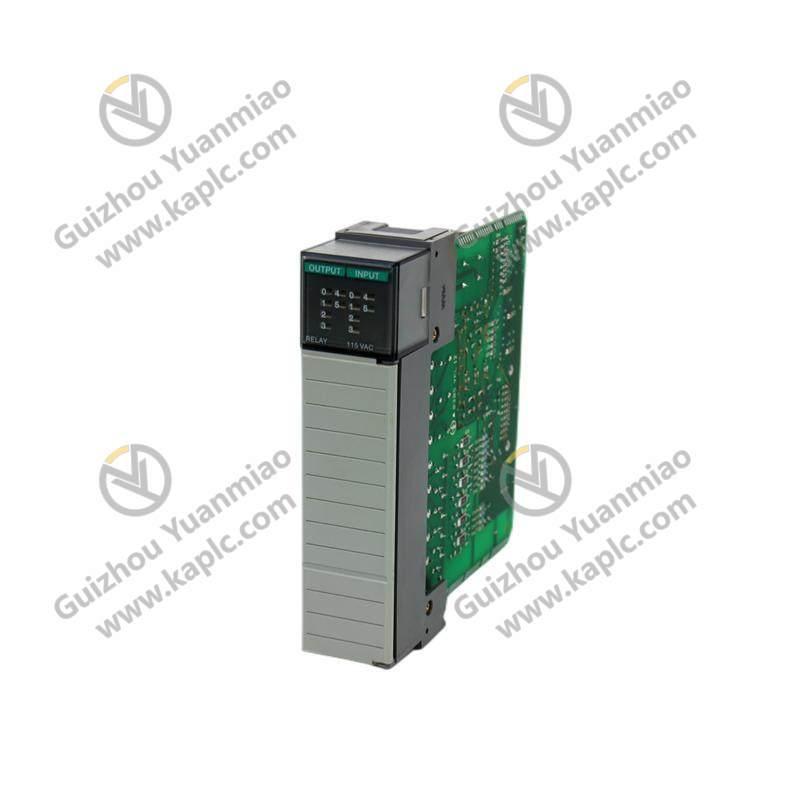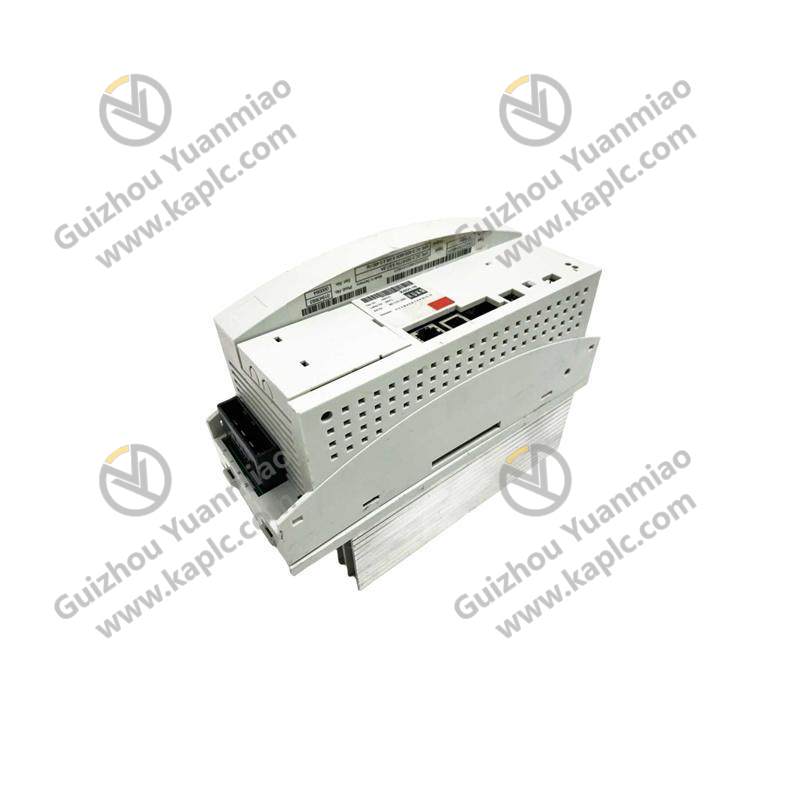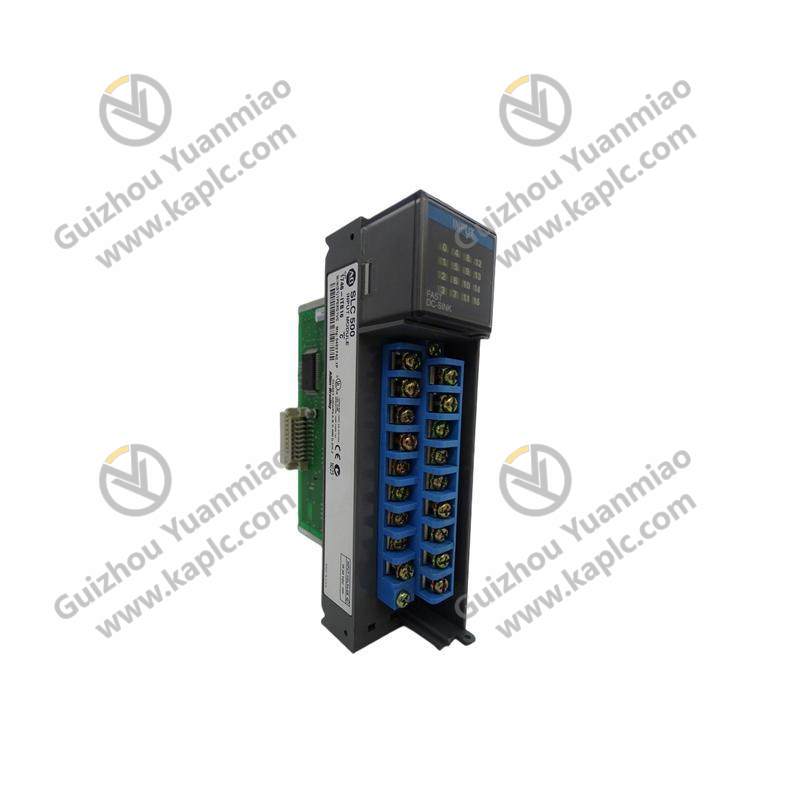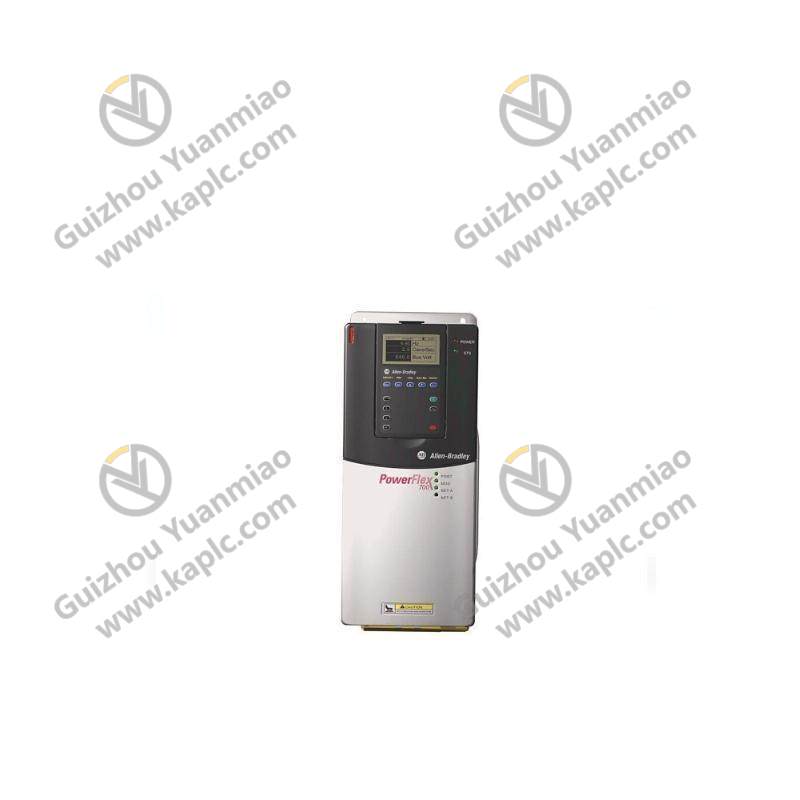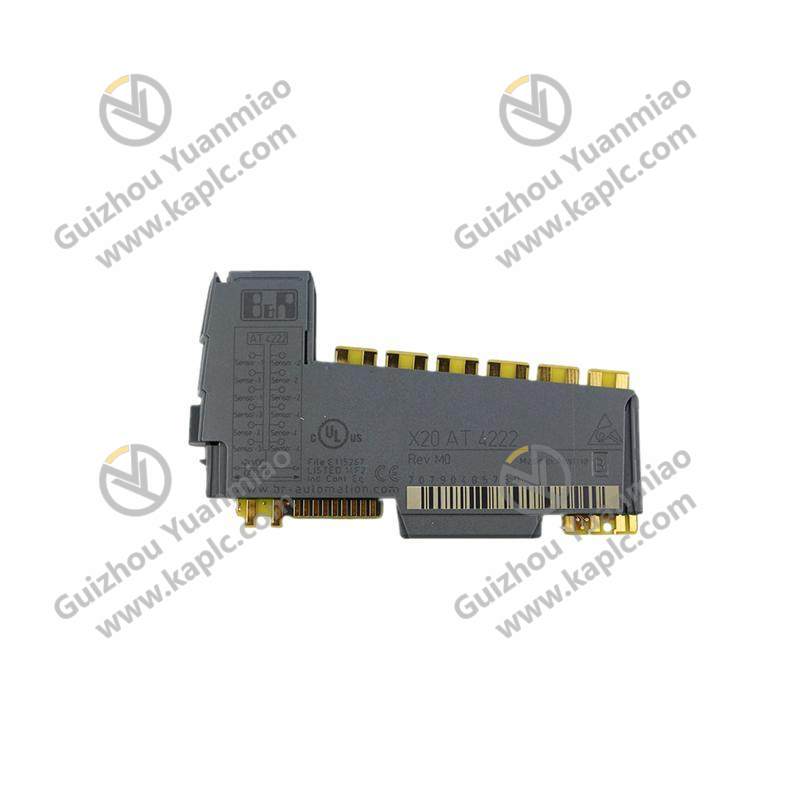Allen-Bradley 1756-L73S GuardLogix Processor - Advanced Industrial Control Solution
Processor Model:1756-L73S
Manufacturer:Allen-Bradley
Memory:8 MB main memory, 4 MB safety memory, 0.98 MB I/O memory
Non-Volatile Memory Storage Options:1 GB (1756-SD1), 2 GB (1756-SD2)
Mounting Type:Chassis
Isolation Voltage:30 V continuous
Insulation Type:Basic insulation
USB Port:To backplane
Rigidity Test:Type tested at 500 VAC for 60 SEC
Enclosure:Open type
RFI Suppression:Radiated: 10 V/M with 1 KHz sine-wave 80% AM from 80 – 2000 MHz, 10 V/M with 200 Hz 50% pulse 100% AM at 900 MHz, 10 V/M with 200 Hz 50% AM at 900 MHz
Operating Temperature Range:-25°C to +60°C
Experience unparalleled performance with the Allen-Bradley 1756-L73S GuardLogix Processor, tailored specifically for industrial control applications. This processor integrates advanced safety features with its robust processing capabilities, ensuring seamless integration into complex manufacturing environments.
Designed with an 8 MB main memory, 4 MB dedicated for safety operations, and 0.98 MB for I/O, the 1756-L73S offers ample storage for control logic and data processing. The option for up to 2 GB of non-volatile memory provides ample space for critical system data.
Mounting directly onto the chassis, this processor supports basic insulation with a continuous isolation voltage of 30 V, ensuring reliability even under harsh industrial conditions. Its USB port is compatible with the backplane, facilitating easy integration and connectivity.
The 1756-L73S is equipped with advanced RF interference suppression technology, tested at various frequencies to ensure minimal disturbance in electromagnetic environments. The open-type enclosure design enhances cooling efficiency and facilitates maintenance.
This processor is an essential component for optimizing productivity and safety in industrial automation. Its compatibility with Allen-Bradley's extensive range of modules ensures seamless integration into existing systems, providing a comprehensive solution for your industrial control needs.
